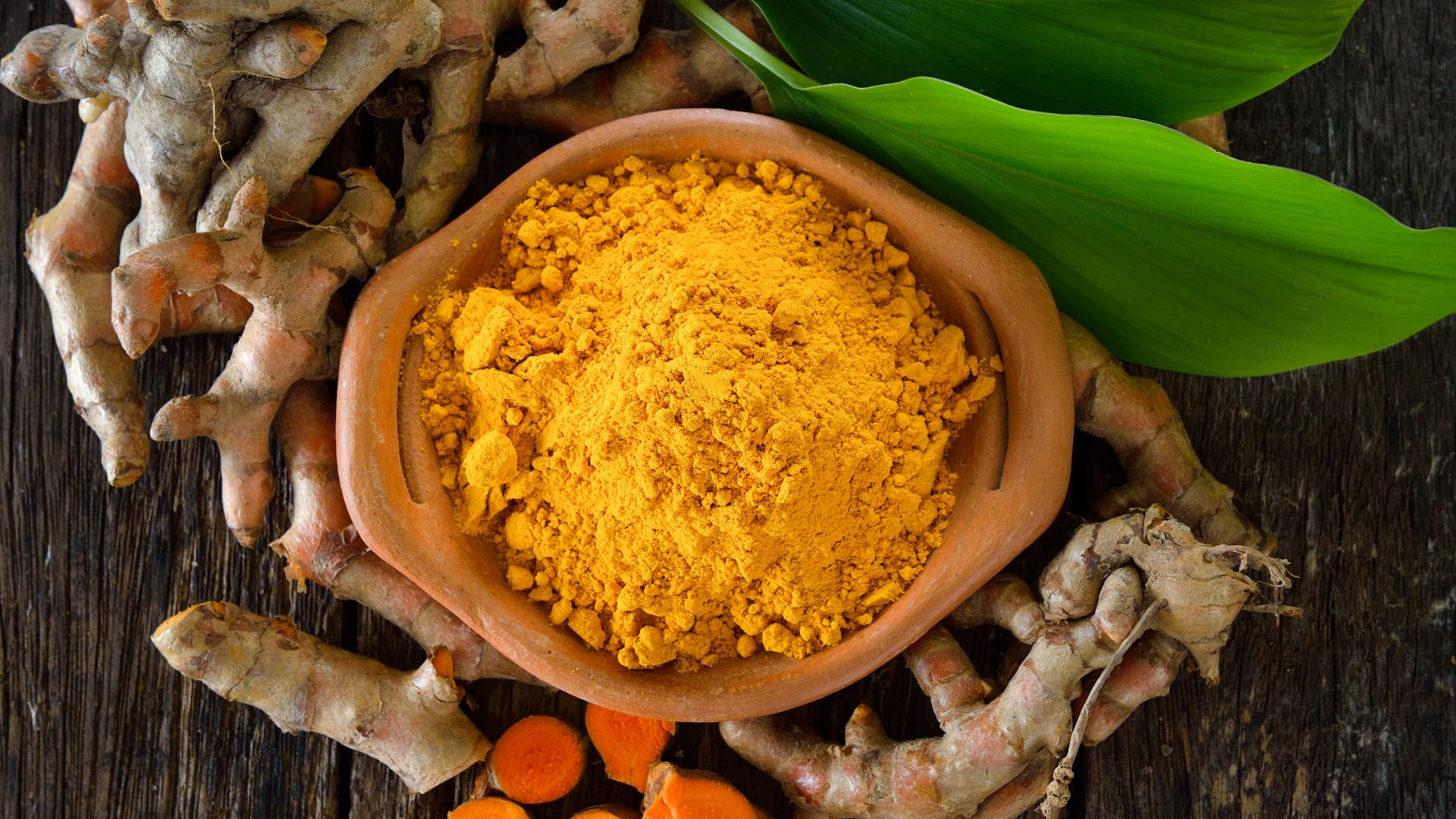
Pain is something most of us experience daily—whether it’s a headache, muscle soreness after a workout, arthritis, or even chronic joint pain. The first instinct is often to reach for over-the-counter painkillers like ibuprofen, aspirin, or paracetamol. But with growing awareness about the side effects of long-term painkiller use, many people are turning to natural alternatives. One spice that’s getting a lot of attention is turmeric.
But the question remains: Can turmeric really replace your painkillers? Let’s find out.
Table of Contents
What Makes Turmeric Special?
Turmeric is more than just a golden spice used in Indian cooking. It contains an active compound called curcumin, which is responsible for its anti-inflammatory, antioxidant, and healing properties. Traditional Ayurvedic medicine has used turmeric for thousands of years to manage pain, wounds, and digestive problems.
Painkillers vs. Turmeric – What’s the Difference?
-
Painkillers like ibuprofen or acetaminophen work by blocking pain signals in the brain or reducing inflammation in the body.
-
Turmeric (curcumin), on the other hand, reduces inflammation naturally by targeting multiple pathways in the body.
While painkillers offer quick relief, turmeric works gradually and helps treat the root cause of inflammation.
Scientific Evidence: Does Turmeric Work for Pain?
Several studies have compared turmeric with common anti-inflammatory drugs:
-
Research in arthritis patients found turmeric extracts reduced joint pain and stiffness as effectively as ibuprofen, but with fewer gastrointestinal side effects.
-
Curcumin supplements have shown promising results in lowering inflammation markers in people with chronic pain conditions.
-
Many clinical trials highlight turmeric’s role in easing muscle soreness, post-surgery recovery, and even migraine pain.
Conditions Where Turmeric May Help
-
Arthritis and Joint Pain – Reduces swelling and stiffness.
-
Back Pain and Muscle Aches – Relaxes inflamed muscles naturally.
-
Headaches and Migraines – Curcumin’s anti-inflammatory effects may ease recurring pain.
-
Post-Workout Recovery – Helps athletes reduce soreness without harmful drugs.
-
Chronic Pain Disorders – Acts as long-term support alongside lifestyle changes.
Can You Ditch Painkillers Completely?
Here’s the truth:
-
For mild to moderate pain, turmeric may replace or reduce the need for regular painkillers.
-
For severe pain or injuries, painkillers may still be necessary for quick relief—but turmeric can complement them as part of long-term care.
Best Ways to Use Turmeric for Pain Relief
-
Golden Milk (Haldi Doodh): A warm drink made with turmeric and milk.
-
Turmeric Tea: With black pepper for better absorption.
-
Curcumin Supplements: Standardized extracts (with piperine) offer the most effective results.
-
Cooking: Adding turmeric daily in curries, soups, or smoothies for preventive benefits.
Tip: Always pair turmeric with black pepper or healthy fats (like coconut oil or ghee) to improve absorption.
Possible Side Effects
Turmeric is generally safe, but excessive intake may cause:
-
Stomach upset
-
Blood-thinning (important if you’re on medications)
-
Lower blood sugar (monitor if diabetic)
Always consult a doctor before replacing prescribed medication.
Turmeric can’t always give the instant relief that synthetic painkillers do, but it offers a natural, long-term, and safer approach to managing pain and inflammation. Instead of replacing painkillers completely, turmeric works best as a preventive, supportive, and complementary remedy.
In short: Turmeric may not fully replace your painkillers today, but it can reduce your dependence on them tomorrow.


